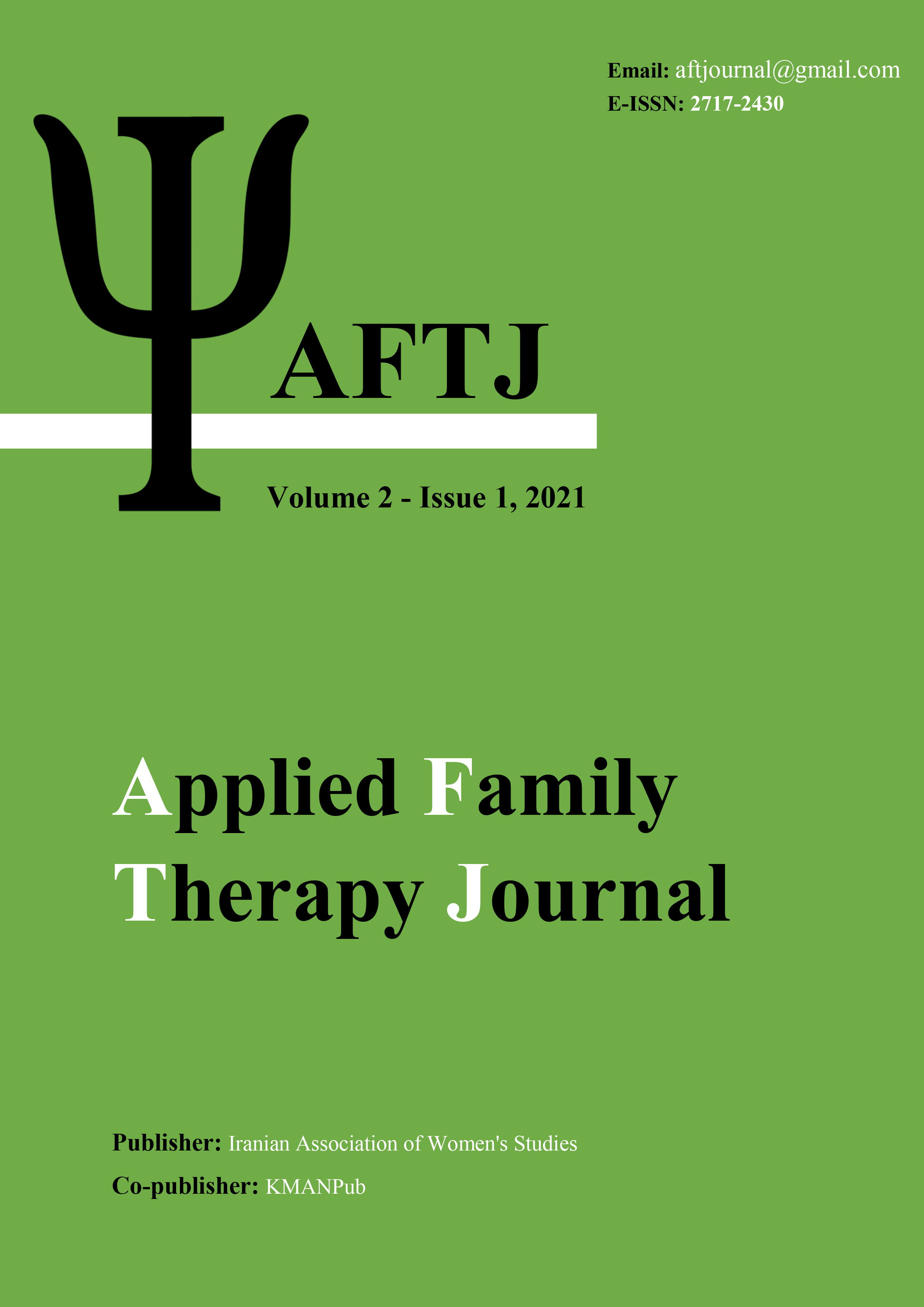Evaluation and Comparison of the Effectiveness of Cognitive-Behavioral Therapy and Schema Therapy in Improving Self-Compassion in Men and Women with Type 2 Diabetes
Keywords:
Cognitive-behavioral; Schema therapy; Self-compassion; Type 2 diabetesAbstract
Aim: The present study aimed to determine the effectiveness of cognitive-behavioral therapy in comparison with schema therapy in improving self-compassion in men and women with Type 2 diabetes. Methods: The present study had a quasi-experimental method with a pretest-posttest design and a control group and a follow-up stage. The statistical population consisted of men and women with type 2 diabetes who visited the Kish Island Diabetes Association from April to September 2020. After the screening, 45 individuals were selected by the purposive method and were randomly included in three groups, namely cognitive-behavioral therapy (n=15), schema therapy (n=15), and control group (n=15) after matching. Neff's self-compassion scale (2003) was the research tool. In the study, the cognitive-behavioral therapy group was treated by the Leahy treatment package (2004), and the schema therapy group by the treatment package of Yang et al. (2006) in eight 90-minute sessions. Data were analyzed using repeated-measures analysis of variance. Results: The research results indicated that the cognitive-behavioral therapy and schema therapy groups were effective in improving self-compassion (F=10.70, P=0.018) in men and women with type 2 diabetes. The findings also indicated that cognitive-behavioral therapy and schema therapy groups were effective in improving self-compassion (F=4.54, P=0.018), self-judgment (F=6.25, P=0.005), and projective identification (F=3.45, P=0.043), and the effect was also stable at the follow-up stage. The results of the post hoc test also indicated that there was no difference between scores of cognitive-behavioral and schema therapy groups in self-compassion and self-compassion, self-judgment, and projective identification (p>0.05). Conclusion: According to the results, self-compassion was created based on the individuals' self-beliefs and thoughts; hence, both treatments had the same effect since cognitive-behavioral therapies and schema therapy modified the individuals' beliefs and opinions in this field.
Downloads
Downloads
Published
Issue
Section
License

This work is licensed under a Creative Commons Attribution-NonCommercial 4.0 International License.





















